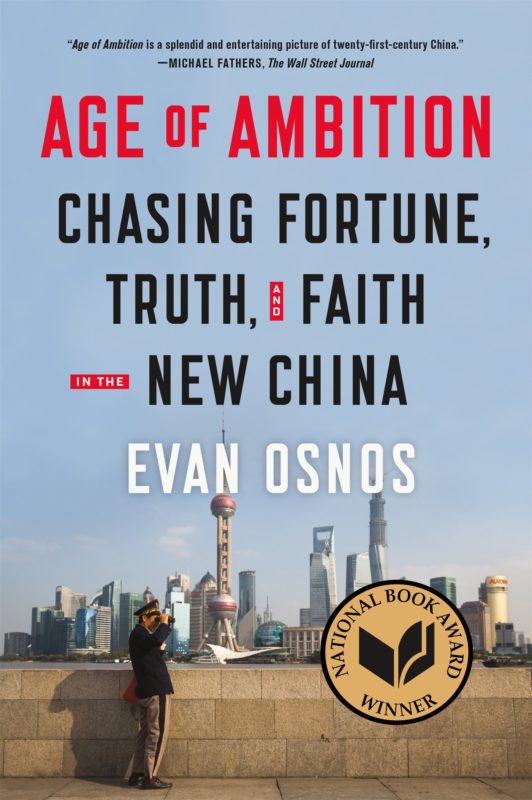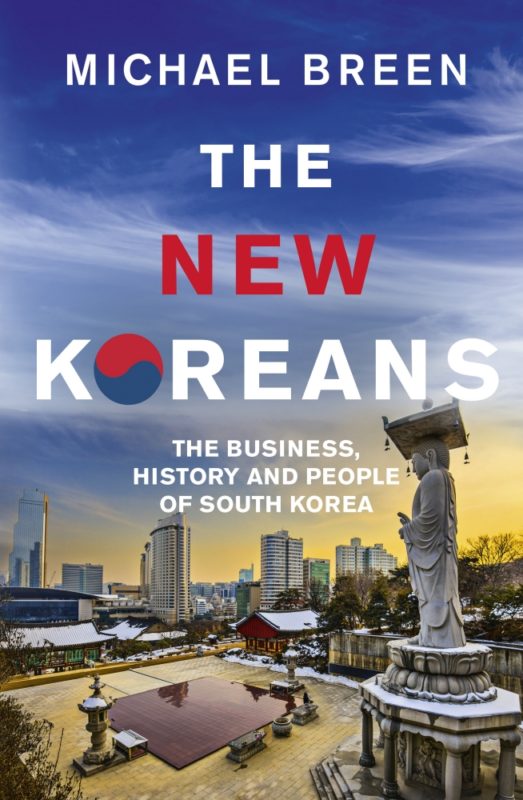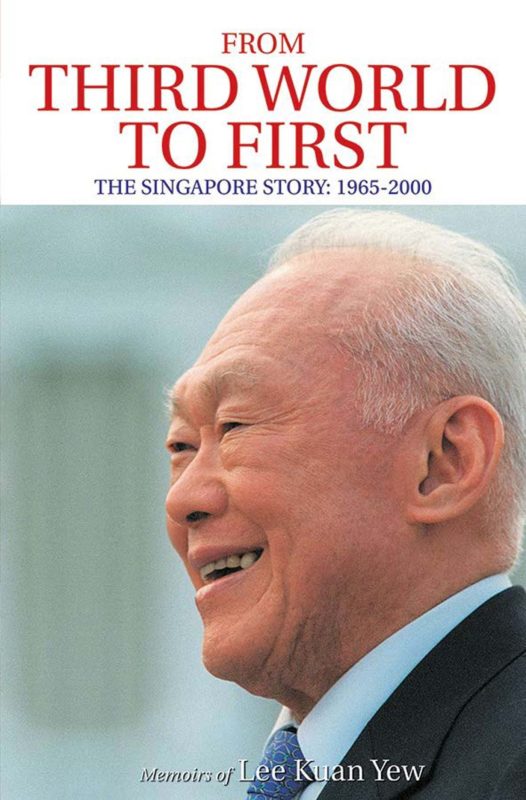Here are four Ross Butler-recommended books to read if you’re interested in knowing more about Asia’s history and culture.
Ross Butler is an American actor who was born in Singapore to a father of British Dutch ancestry and a Chinese-Malaysian mother. With his mixed heritage, it’s no mystery why he would be interested in learning more about his cultural background. (We applaud him for learning more about his roots, and we encourage everyone else to do the same too!)
Butler is well-known for his role in the Netflix original series ’13 Reasons Why’ as Zachary Dempsey and as Reggie Mantle in Season 1 of The CW’s Riverdale.
“The next four books I’ve set myself to read as I’ve decided I want to be more educated on the recent history and culture of my mother continent. I hope this journey will enlighten the spirit that sleeps in my DNA and provide me with knowledge of the fertile ground in which my roots lie. Always be learning, friends.”
Here are the 4 Books:
1. China Wakes: The Struggle for the Soul of a Rising Power by Nicholas Kristof and Sheryl WuDunn
In this book, Kristof and WuDunn, husband and wife, wrote about their experiences in China from 1988 to 1993. The couple spent five years in China as journalists reporting for The New York Times. For a time, WuDunn worked and traveled around China as a tourist after her press credentials had been revoked by the Chinese Foreign Ministry on a technicality.
The authors present alternating chapters with Kristof writing the odd-numbered chapters and WuDunn writing the even-numbered chapters. Only the last chapter of the book was written by both authors. Kristoff and WuDunn cover various topics such as the lives of Chinese peasants, corruption, sex, religion, the one-child policy, the June 4th Incident (Democracy Movement), and the future of the Communist party.
The two journalists are assisted by local Chinese friends, anonymous sources, and Communist officials in researching stories for The New York Times. In the Author’s Note, it is stated that the names of some Chinese sources have been changed for their protection, while the names of corrupt Communist officials have been left uncensored. The authors’ view of China is that of a country torn between Deng Xiaoping’s successful economic strategy and frustrated political reform and human rights.
2. Age of Ambition: Chasing Fortune, Truth, and Faith in the New China by Evan Osnos
Age of Ambition: Chasing Fortune, Truth, and Faith in the New China is a non-fiction book by Evan Osnos, a staff writer at The New Yorker. It was published by Farrar, Straus, and Giroux in 2014. It chronicles the lives of people that Osnos came to know while he was in China from 2005 to 2013. It was awarded the 2014 National Book Award for Nonfiction and was a finalist for the 2015 Pulitzer Prize for General Nonfiction.
3. The New Koreans: The Business, History and People of South Korea by Michael Breen
Just a few decades ago, the South Koreans were an impoverished, agricultural people. In one generation they moved from the fields to Silicon Valley. They accomplished this through three totally unexpected miracles: economic development, democratization, and the arrival of their culture to global attention.
Who are the Koreans? What are they like? The New Koreans examines how they have been perceived by outsiders, the features that color their “national character,” and how their emergence from backwardness, poverty, and brutality happened. It also looks at why they remain unhappy―with the lowest birth rates and highest suicide rates in the developed world.
In The New Koreans, Michael Breen provides compelling insight into the history and character of this fascinating nation of South Korea and casts an eye to future developments, as well as across the DMZ into North Korea.
4. From Third World to First: The Singapore Story, 1965-2000 by Lee Kuan Yew
Few gave tiny Singapore much chance of survival when independence was thrust upon it in 1965. Today the former British trading post is a thriving Asian metropolis with one of the world’s highest per capita income. The story of that transformation is told here by Singapore’s charismatic, controversial founding father Lee Kuan Yew. From Third World To First continues where the best-selling first volume, The Singapore Story, left off and brings up to date the story of Singapore’s dramatic rise.
It was first published in 2000. Delving deep into his own meticulous notes and previously unpublished papers and cabinet records, Lee details the extraordinary efforts it took for an island city-state in Southeast Asia to survive, with just “a razor’s edge” to maneuver in, as Albert Winsemius, Singapore’s economic advisor in the 1960s, put it. We read how a young man of 42 and his cabinet colleagues finished off the communist threat to the fledgling state’s security and began the long, hard work of building a nation: creating an army from scratch, stamping out corruption, providing mass public housing, and masterminding a national airline and airport.
Lee writes frankly about his trenchant approach to political opponents and his often unorthodox views on human rights, democracy and inherited intelligence, aiming always “to be correct, not politically correct”. Nothing about Singapore escaped his watchful eye: whether choosing shrubs for roadsides, restoring the romance of historic Raffles Hotel of persuading young men to marry women as well-educated as themselves. Today’s safe, tidy Singapore certainly bears his stamp, but as he writes, “If this is a nanny state, I am proud to have fostered one.”




